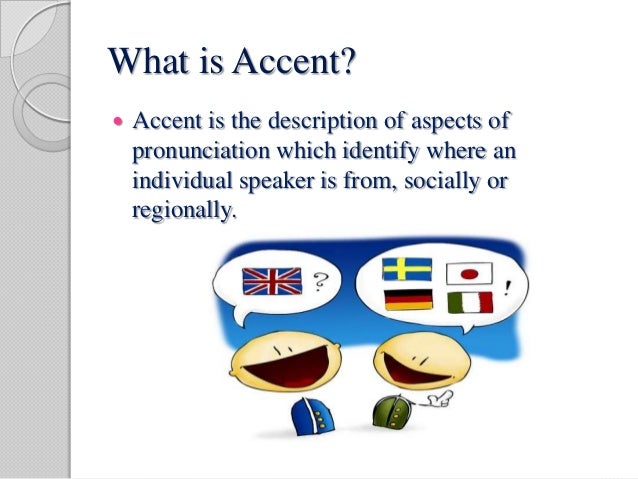An accent is the change in the way words sound while a dialect includes accent vocabulary syntax idioms and even language tenses

An Accent vs. a Dialect: What’s the Difference?

Language is a fascinating aspect of human communication, filled with various nuances and regional variations. When we converse with one another, we often notice differences in the way certain words are pronounced or the vocabulary used. These differences can be attributed to two key linguistic terms: accents and dialects. While the terms are often used interchangeably, there are distinct differences between them.
Understanding Accents

An accent is the change in the way words sound when spoken by individuals from different regions or countries. It refers to the specific pronunciation patterns or speech sounds associated with a particular group of people. Accents can vary vastly even within the same country. For example, imagine listening to someone from Texas speaking English and then listening to someone from New York. The pronunciation of certain sounds would be noticeably different between the two individuals.
Accents are influenced by factors such as geography, culture, social class, and even personal speech habits. They can be regional accents, indicating a specific area or locality, or they can be non-native accents, reflecting the influence of one’s native language on the pronunciation of a second language. Accents are often a point of pride and identity for many individuals, as they reflect their roots and heritage.
Exploring Dialects
While an accent may be just one aspect of language variation, a dialect encompasses a broader range of linguistic elements. A dialect includes not only the accent or pronunciation patterns but also vocabulary, syntax, idioms, and even language tenses used by a particular group of people within a region or community. Dialects are often associated with specific geographical areas or social groups.
For instance, in certain regions of the United States, you may hear phrases such as “y’all” or “fixin’ to,” which are not commonly used in other dialects. Similarly, British English and American English are considered different dialects due to their differences in pronunciation, vocabulary (such as “lorry” vs. “truck”), and idiomatic expressions.
Dialects can also be influenced by historical and cultural factors, such as colonization, migration, or isolation. Over time, these influences shape the unique characteristics of a dialect.
In conclusion, accents and dialects are both vital aspects of language variation. An accent pertains specifically to the way words are pronounced, whereas a dialect encompasses a broader range of linguistic elements. Understanding accents and dialects not only fosters appreciation for diversity but also enriches our knowledge and understanding of different cultures and communities.
Sources:
Tags
Share
Related Posts
Quick Links
Legal Stuff

